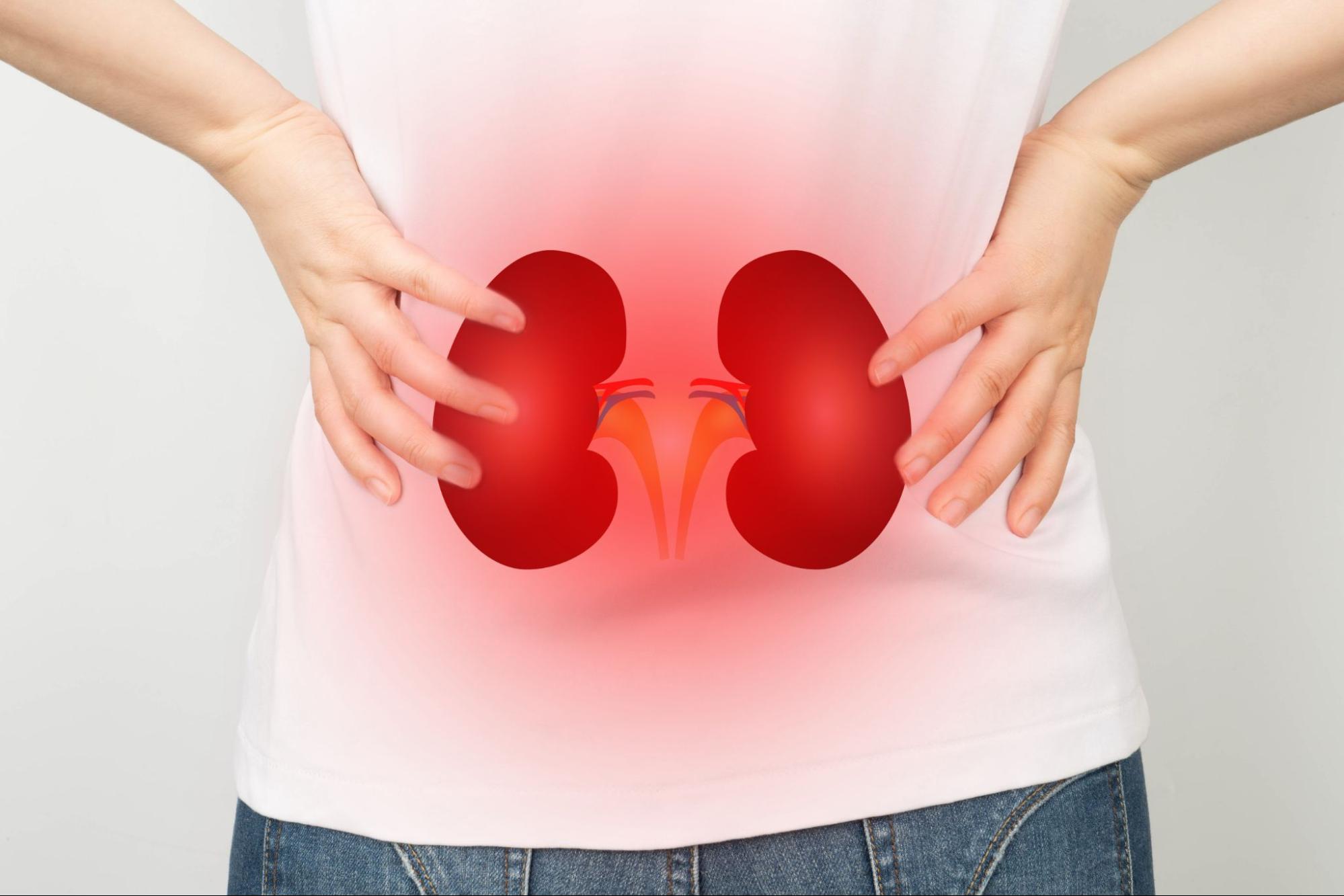03 Feb 2026
Rhinoplasty Revision Surgery in Mohali: Cost When Your First Nose Job Fails


Dr. Raka Kaushal
22 May 2025
Call +91 80788 80788 to request an appointment.
Kidney failure, also known as end-stage renal disease (ESRD), is a serious health condition that affects millions of individuals around the world. It occurs when the kidneys lose their ability to filter waste and excess fluids from the blood effectively. Common causes include diabetes, hypertension, and other renal diseases. In this blog, we will discuss advanced treatment options available for kidney failure that go beyond traditional dialysis and transplantation, offering hope and improved outcomes for patients in Punjab and beyond.
Kidney failure can be classified into two categories: acute kidney injury (AKI) and chronic kidney disease (CKD). AKI is a sudden loss of kidney function, often reversible, while CKD is a gradual decline in kidney function that may lead to permanent damage. The chronicity of kidney diseases leads to an array of health complications such as fluid overload, electrolyte imbalances, and metabolic acidosis.
The symptoms of kidney failure may include:
Until recently, the predominant methods for managing kidney failure were dialysis and kidney transplantation. Dialysis, which can be either hemodialysis or peritoneal dialysis, helps remove waste products and excess fluids from the body when the kidneys can no longer perform these functions. However, dialysis requires significant lifestyle adjustments and usually needs to be performed regularly, often multiple times a week.
Kidney transplantation involves surgically placing a healthy kidney from a donor into a patient with failed kidneys. Although transplantation can offer a better quality of life and fewer dietary restrictions compared to dialysis, it is not without risks, including rejection of the transplant and the need for lifelong immunosuppression.
Despite the efficacy of these treatments, they often don’t meet the long-term needs of patients with kidney failure, prompting the search for more innovative approaches.
Recent advancements in nephrology are opening new avenues for the management of kidney failure. These treatments include:
When faced with kidney failure, patients often grapple with the decision between continuing dialysis or pursuing a kidney transplant. Here’s a comparative overview:
| Procedure Type | Benefits | Considerations |
|---|---|---|
| Dialysis | Immediate waste removal; less invasive | Requires frequent sessions; significant lifestyle changes |
| Kidney Transplant | Improved long-term quality of life; fewer restrictions | Surgical risks; need for lifelong immunosuppressive medication |
Once diagnosed with kidney failure, nutritional management becomes crucial. A well-balanced diet can help maintain overall health and slow the progression of kidney disease. Key dietary considerations include:
The psychological impact of kidney failure can be as profound as the physical effects. Patients may experience anxiety, depression, and a feeling of loss of control over their health. Addressing these psychosocial aspects is essential for comprehensive kidney care.
Some important strategies include:
At Livasa Hospitals, particularly in our nephrology department, we are committed to providing comprehensive and innovative kidney care. Our patients have access to the latest advancements in kidney treatments including cutting-edge dialysis units, kidney transplant specialists, and a dedicated team of healthcare providers focused on individualized care.
For those looking for kidney transplant specialists in Punjab, our hospital is recognized as one of the best hospitals for kidney transplant in the region. We prioritize patient education and collaboration in treatment choices, ensuring that each patient and their family make informed decisions about their care.
If you or a loved one is facing kidney failure, don’t hesitate. Book an appointment at Livasa Hospitals to explore advanced treatment options in Punjab, or talk to our nephrology specialists today.
Kidney failure poses significant challenges for patients and healthcare providers alike. While traditional treatments such as dialysis and transplantation remain essential, emerging therapies offer hope for improved quality of life and outcomes. Understanding the options available and working closely with healthcare teams like those at Livasa Hospitals enables patients to navigate their kidney health effectively. By embracing advancements and maintaining a proactive approach toward treatment, individuals can find the best possible path forward in managing their kidney health.
Rhinoplasty Revision Surgery in Mohali: Cost When Your First Nose Job Fails
Plastic Surgery After Massive Weight Loss: Body Contouring Packages in Mohali
ENT + Cosmetic in Mohali: Septoplasty for Breathing with Cosmetic Rhinoplasty Offers
+91 80788 80788
Livasa Healthcare Group Corporate Office,Phase-8, Industrial Area, Sector 73, Sahibzada Ajit Singh Nagar, Punjab 160071
livasacare@livasahospitals.in
| Mohali | +91-99888 23456 |
| Amritsar | +91-99887 49494 |
| Hoshiarpur | +91-99883 35353 |
| Nawanshahr | +91-75081 82337 |
| Khanna | +91-98888 05394 |